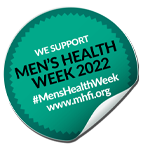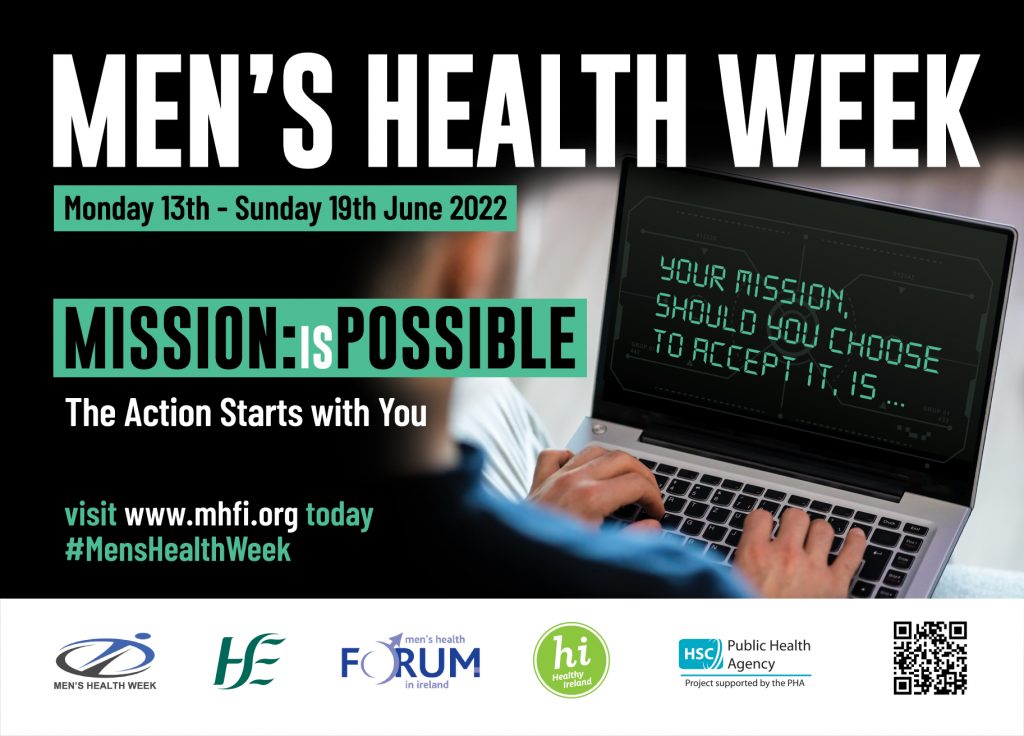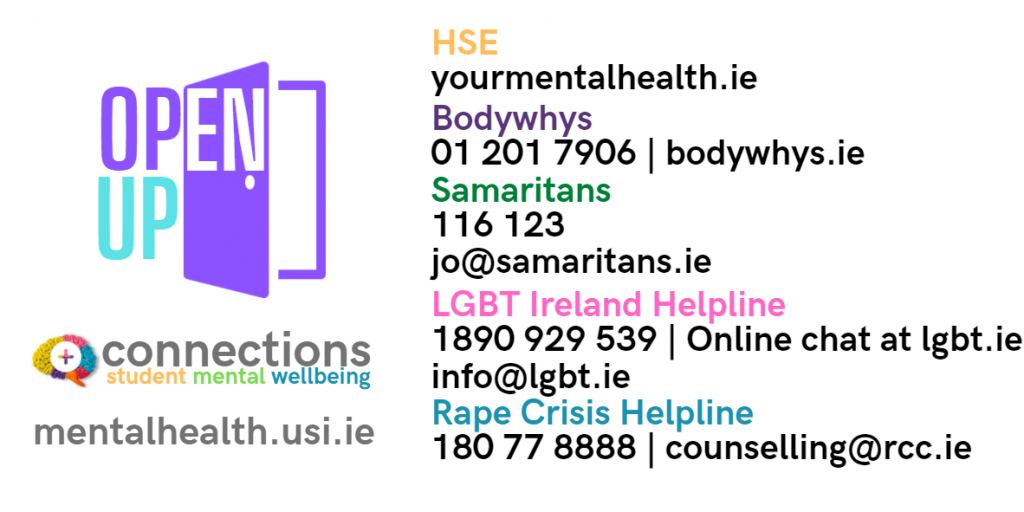From the 13th to the 19th of June this year is Men’s Health Week. This is an international event but is organised in Ireland by the Irish Men’s Health Forum. The aims of the week are to increase awareness, support engagement in healthier choices and activities, and encourage early detection and treatment of health issues among men.
This year, the focus is on taking control of your health – the theme is MISSION isPOSSIBLE, and the main message is that action starts with you. The ask is that men set some realistic targets and goals for their health.

Why are we marking Men’s Health Week?
Health encompasses a number of different things, including mental health. It is important to highlight men’s mental health in particular because mental health and how men engage with their mental health can be different to how women or non-binary people do. Monday 13th June Focuses on mental health, with the theme for that day being mental fitness.

What do we know about men’s mental health?
In general, we know that while there are higher rates of mental illness among women, men are less likely to seek help when they do have trouble with their mental health. This means that men tend to suffer, often alone, more than women do with their mental health.
For young men in general some risk factors have been consistently associated with both mental health problems and suicide. These include:
- Income inequality
- Family & peer relationship problems
- Low self-esteem
- Academic struggles
- Violence
- Alcohol & substance use
- Sexuality
- Mental health stigma
- Living conditions
- Employment status
- Stress
- Bullying
Another factor is a difficulty in being able to identify symptoms of emotional distress and subsequent difficulty in managing emotional distress.
Specifically for male students, we know the following from our 2019 student mental health report:
- 39.6% were severely/extremely severely anxious
- 43.6% were severely/extremely severely depressed
- 32.1% were severely/ extremely severely stressed
- 43.25% had mental health difficulties often/all the time in the previous 12 months
However, 46.6% agreed/ strongly agreed that their problems were not enough to seek help, and 57.8% said they had never sought help from any source for their mental health.

What can I do about my mental health?
Self-care is key to keeping yourself as mentally and physically healthy as possible. You can find more information about self-care here. If you are struggling in any way with how you are feeling, and especially if you are struggling to the point where it is getting in the way of your ability to live your daily life in the way that you would normally be able to, it is important that you talk to someone. Bottling up how you are feeling can often intensify the problem, rather than helping. Friends and family can be a good source of support, but there are lots of other ways to get help too, from your college counselling service, charities, or your GP. You don’t need to have a diagnosable condition to get help from many of these sources, and while some of them might have wait times or cost money, others do not. Other things you can do is to engage in activities and hobbies outside of your coursework, and to engage with other people. These are things that many of us had to stop doing over the past few years due to the pandemic, but they are shown through research to benefit our mental health.
If you or someone you know are in a mental health emergency, you can find information on what to do here. If you want to ask for help and you’ve never done that before, this page might help. If you have decided to ask for help, and you want to know where you can go outside of the college counselling service or your own GP, you can find a list of services provided by non-governmental agencies and charities here (most of these are free of charge, many are available online, and some are anonymous)
Important things to remember
While it is never too late to open up about your mental health, the sooner that you do so, the easier it will be for you to get help. Having trouble with your mental health does not make you weak or less of a person in any way – it is part of being human. As you can see from the findings outlined above, it’s common to struggle with your mental health. You do not have to be at crisis levels to seek help. Think about what you would say to a friend or someone you care about if they told you that they were feeling the way that you are feeling? You are a person of value who deserves help and support to be the best that you can be.
This Men’s Health Week, we would strongly encourage you to open up about your mental health. If someone asks you ‘how are ya?’, think about answering honestly to yourself at least. And if you’re not really ‘grand’, remember that its ok to be not ok, and it’s ok to ask for help. It’s not ok to be not ok on your own, and if you do ask for help, please keep asking for help until you get help that helps you.


Recent Comments